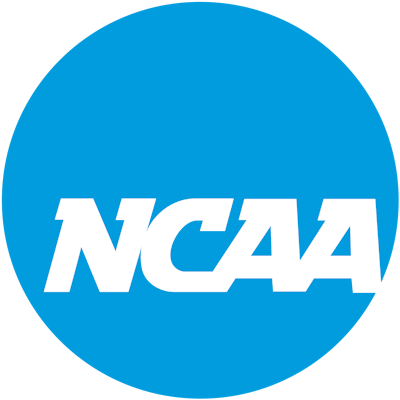
During a keynote address to the National Association of Collegiate Directors of Athletics convention Tuesday in Orlando, NCAA president Charlie Baker said the $2.8 billion House settlement approval only days earlier creates "a far better future" for the organization, one that "comes with choices, instead of bankruptcy."
Baker made his first in-person comments since Judge Claudia Wilken approved the deal between the NCAA, its most powerful conferences and lawyers representing all Division I athletes Friday. Baker's first reaction came Monday in a 979-word letter to the collegiate sports community.
As reported by ESPN, the House v. NCAA settlement ends three separate federal antitrust lawsuits, all of which claimed the NCAA was illegally limiting the earning power of college athletes.
Related: Future of Collegiate, Olympic Sports Uncertain in Wake of Judge's Approval of $2.8B House Settlement
Baker told the standing-room-only NACDA gathering, "No one in this room needs to hear me say that this is one of the biggest changes ever in college sports. I hope you also understand that it's a far better future than virtually every other alternative that could have been in front of us.
"Blame whoever you wish to blame. But the simple truth is clear: College sports' collective inability or unwillingness to change years ago put the entire enterprise at risk. Is the settlement disruptive? Very much so. But it is an opportunity for the D-I community to pay for back damages over 10 years, instead [of] triple that amount all at once. And it creates a future that comes with choices, instead of bankruptcy."
During a brief media availability with reporters after his public remarks, Baker said he was at a wedding in Indianapolis when the settlement was approved, according to ESPN's Andrea Adelson.
"He checked his phone to see whether one of his children had called and saw the news alert," Adelson reported. "He then began walking around the room to spread the news to other NCAA officials at the wedding."
"I ran around as the Pied Piper and told everybody," Baker said. "It is one of those things where I'll always remember where I was."
As reported by ESPN, schools have until June 15 to opt in to participate in the settlement, though Baker said there has been discussion among conferences to push that date back to July 1 as they begin to read through a 50-page FAQ document that has been distributed to them.
In his remarks at NACDA, Baker acknowledged, "Change of this scale is going to be hard, and the transition will be rocky. No one gets everything they want in a settlement. ... College sports need stability as we modernize."
Wrote Adelson, "Indeed, schools have been preparing to pay players for more than a year and must make choices about whether to fully participate in the $20.5 million salary cap, how to come up with the extra funding and how to divide the money among their players. Michigan, for example, recently announced a 10 percent athletic department staffing reduction as a result of the settlement."
Michigan's announcement came in the wake of the settlement approval, but other schools — Kansas and Oklahoma — had already announced staff reductions in advance of the judge's sign-off.
Related: University of Michigan Athletic Department Latest to Cut Staff Amid House Settlement
Asked about schools having to make financial decisions like these, Baker went back to his comments about schools having choices.
"I've talked to a lot of schools in D-I, at every level. They all get the fact that it's better to be able to make choices than to have choices made for you, which is kind of what the alternative was," Baker said.
He also noted the Power 4 conferences, for the most part, have said they have no current plans to eliminate sports, and believes the elimination of scholarship limits is a positive, Adelson reported.
"A lot of the people who are predicting what's going to happen here, good for them, but the bottom line is, we don't know. And, and I think it's important to let this play out and then make adjustments if people need to."





































